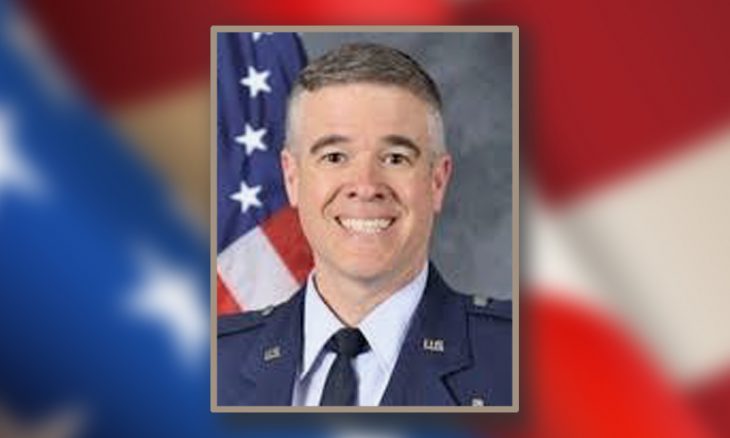Colonel Chris Karns, USAF
Director, U.S. Africa Command Public Affairs
Chris Karns earned an undergraduate degree in political science from the University of Hawaii at Manoa. He earned an MS in management from Troy University and an MA in strategic studies from the Air War College. From his earliest days in the U.S. Air Force, he has been involved in public affairs activities, strategic planning, and resources. He served two years as the executive officer to the director of public affairs and personal public affairs adviser in support of a four-star commander with international, national news agencies, Congress, civic groups, and think tanks.
He was the chief public affairs officer to the 8th Fighter Wing in Korea, then to the 25th Fighter Wing in Florida. Karns served as Deputy, Media Operations Division, U.S. Central Command, was advanced to Chief of Executive Issues and Media/Civic Outreach for CENTCOM. He served as Chief of Staff of the Air Force Strategic Studies Group and Chief of the Political-Military Affairs Branch.
His advancements continued in the area of public affairs. Since January 2019 he has been Director of Public Affairs and Communication Synchronization for the United States Africa Command.
In the News…
Efforts to promote democracy and to professionalize African militaries fighting terrorists are facing uncertainty in the Sahel nation of Mali, where al-Qaeda-affiliated terrorists are known to seek safe haven.
A coup was led by Malian Armed Forces soldiers in August. They had received training from AFRICOM.
“The act of mutiny in Mali is strongly condemned,” U.S. Africa Command’s Air Force Colonel Chris Karnes told reporters, confirming that the military coup leader received U.S. training as part of the multinational exercise called Flintlock.
Karns said U.S. training emphasizes civilian control of the armed forces and condemns mutinies such as the one that the coup leader participated in.
“It is an act that is inconsistent with the legitimate role of the military in free societies and everything that is taught in the U.S. military and its training,” Karns said.









